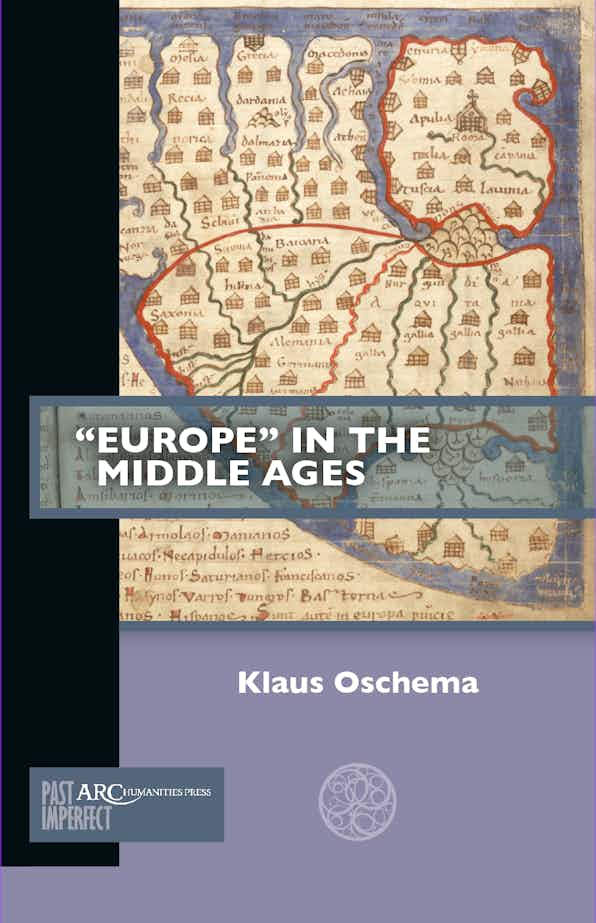ABOUT THE BOOK
From the nineteenth century onwards, historians described the Middle Ages as the « cradle » of the nation state—then, after World War II, they increasingly identified the period as the « cradle » of Europe. A close look at the sources demonstrates that both interpretations are misleading: while « Europe » was not a rare word, its use simply does not follow modern expectations. This volume contrasts modern historians’ constructions of « Europe in the Middle Ages » with a fresh analysis of the medieval sources and discourses. The results force us to recognize that medieval ideas of ordering the world differ from modern expectations, thereby inviting us to reflect upon the use and limits of history in contemporary political discourse.
ABOUT THE AUTHOR
Klaus Oschema is Professor in Late Medieval History at the Ruhr-University Bochum. He researches medieval concepts of social, geographic, and political order. Recent publications include Order into Action (ed., with C. Mauntel, 2022).
TABLE OF CONTENTS
Preface and Acknowledgements
Chapter 1: Why Europe? A Concept Crossing History and Politics
Chapter 2: Foundations in Antiquity
Chapter 3: Moments of Transformation—Europe in the Early Middle Ages
Chapter 4: Europe, Christianity, or Something Completely Different? Impressions from the Central Middle Ages
Chapter 5: Our Last Hope? Entangling Europe and Christianity in the Late Middle Ages
Chapter 6: Perspectives from Outside? Byzantium and the Arabic World
Conclusion: No Roadmap for Europe—History, Politics, and the Way to Global History
Further Reading
More information can be found here.


No comments:
Post a Comment